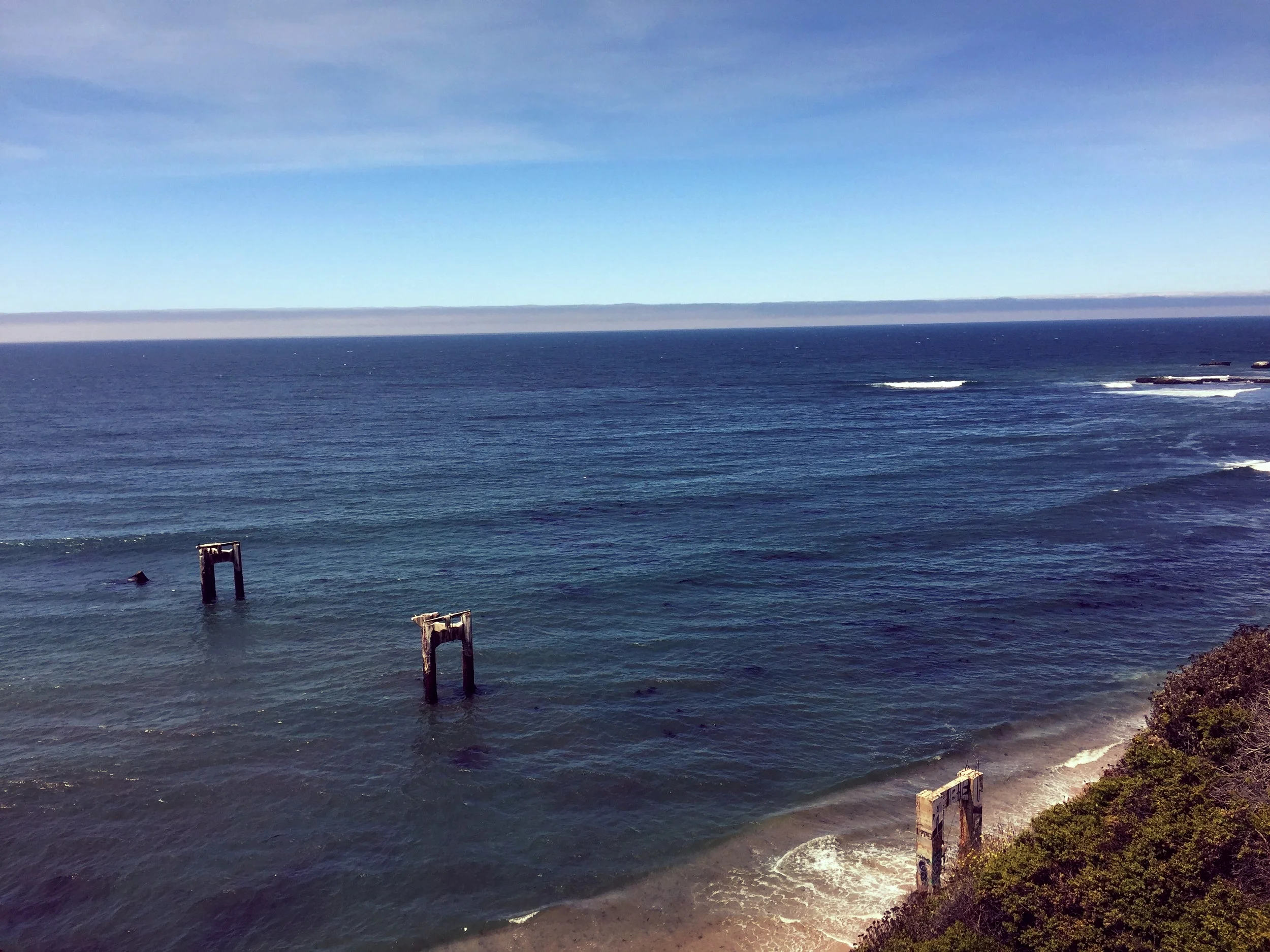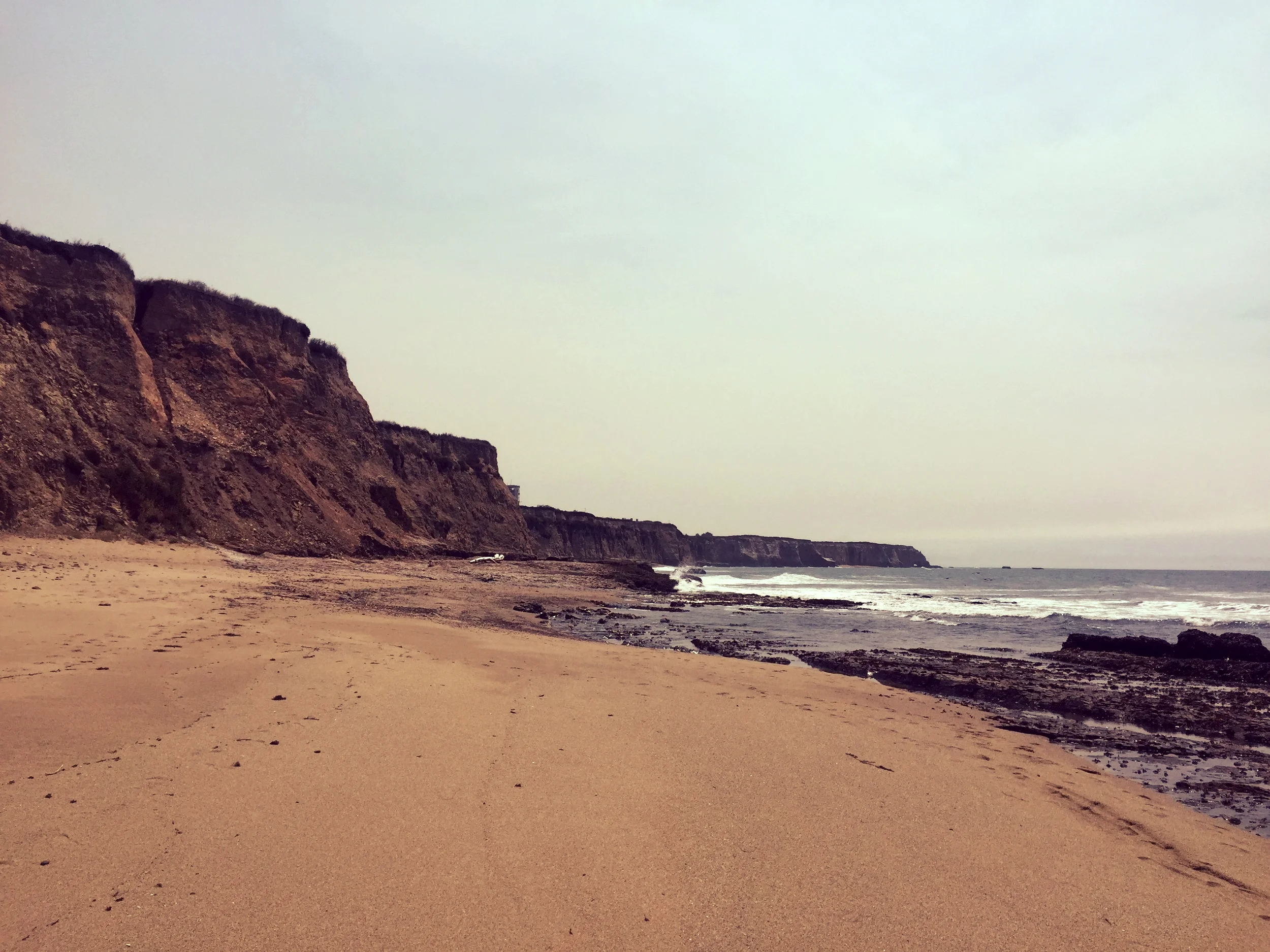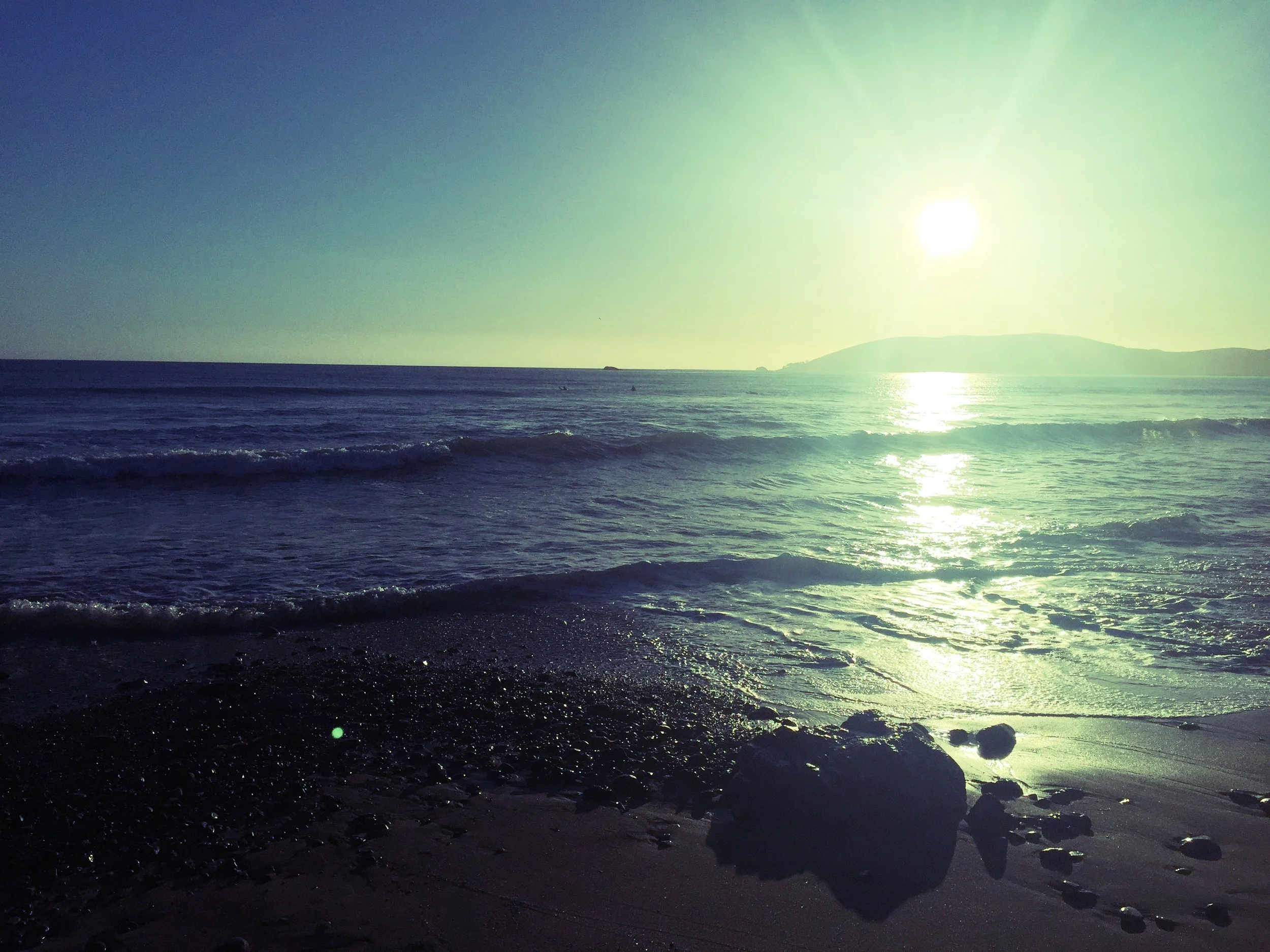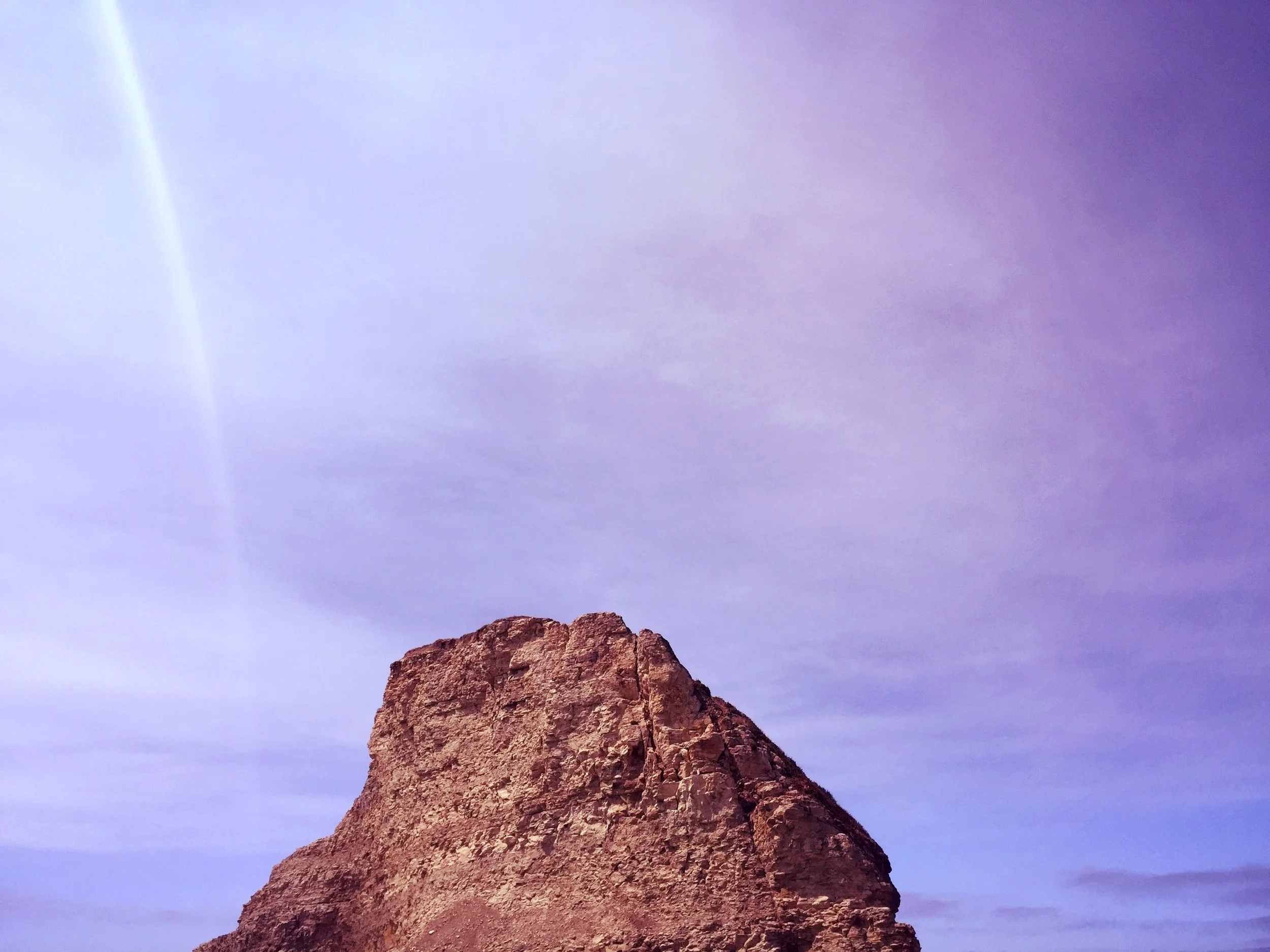It’s a Water Balloon, but Thank You
If I want to see an asexual flag in my community, the process involves two steps:
1. Look down.
2. Pull my t-shirt out slightly (not necessary but it’s a better angle).
I’ve never seen our flag, outside of the internet, on anyone but me.
With this in mind, I don’t blame people when they don’t recognize it. Full disclosure: I only got 67 per cent on Pride Flags Multiple Choice at Sporcle and I got 90 per cent on Match the Care Bears Symbol so, until we all start wearing Care Bears instead of flags, I’m in no position to judge.
The first year I wore my flag to Pride, people didn’t seem to notice. This is explicable. The lack of asexual t-shirts online had forced me to make my own from a white tee and five bucks’ worth of dollar store fabric paint. I am not an artist. People probably thought I was sporting a badly drawn Grimace. No one asked me to not have sex with them.
At the time, that was fine. I joined the walk at the end and felt included by virtue of not being openly excluded.
The next year, people did look at the flag. My fabric painting game had improved. I’d used a ruler. No one lit up with recognition and no one asked but the interactions were brief. Look, look harder, look puzzled, look away.
The one exception was a young guy walking with one of the gay floats who was giving condoms to the crowd. He gave my flag a good long look. Then he looked at my clothes and my face and my haircut, probably because he knew me from being an author and being on TV. Hahahaha, I crack me up. He was deciding whether I looked like a lesbian. Finally, he shrugged and handed me a condom.
“It’s a water balloon to me,” I told him. “But thank you.”
I felt okay about my asexuality at that year’s Pride as well, though I was disappointed not to have seen anyone else from the community. My roommate, on the other hand, made that year his last Pride as he’d been ambushed by a group of gay men who’d wanted him to understand that his bisexual flag, identity, and life experiences were invalid. He was oddly resentful, despite the time they’d taken from their day and the passion they brought to the conversation. There’s no pleasing some people.
The next year was my last Pride. I don’t mean to sound so final. I’m not dead yet. But I haven’t gone since and don’t know when I’ll feel like it again.
No one confronted me about my flag that year. By that I mean, they didn’t say anything. They looked, though, and some faces weren’t puzzled. They were hostile. Not “you’ve driven a car over my foot” hostile but far from friendly. Let’s call it “you’ve cut in line at Tim Horton’s” because this is Canada and so people who cut in line get dirty looks instead of getting actually cut.
I didn’t ask people why I was getting the stink eye. It was definitely about the flag because they would look friendly or neutral, then see the flag, then glare. It wasn’t the art, because I had a real shirt that year.
Did they feel asexuality wasn’t real? Did they see a new (to them) flag and resent it as an unnecessary complication, a dilution of the Pride brand? Did they get dumped by an asexual at prom? (I said I was sorry, Jason!) I don’t know and I didn’t ask but I did stop going because, aside from boardrooms and New York Times comment threads, I hate going where I’m not wanted.
My best guess is that it was a combination of (1) resenting late-to-the-game “snowflakes” who are trying to get in on the whole queer thing, like people who have the nerve to suddenly like a band you liked three years ago, and (2) believing that asexuality isn’t a thing any more than breatharianism (look it up!) is a thing, because sex and hunger are the two basic drives, so anyone who denies either is sick, crazy or lying for attention and, besides, to quote a guy from a comment thread, “If you’ve never been correctively raped, you don’t deserve to be at Pride.”
In my defense, the spot checks for corrective rape weren’t up when I went to Pride, so I didn’t know I wasn’t supposed to be there.
I get it, somewhat. When I first learned that asexuals had a flag and had been attending Pride as asexuals, rather than as allies, I wasn’t sure what the point was. I wasn’t trying to marry anyone I couldn’t marry. I wasn’t trying to have sex I wasn’t legally allowed to have sex with.
What need did I have for a parade? Shouldn’t I leave the stage to people who were genuinely oppressed?
What changed my mind was one of the “asexual bingo” cards floating around the internet. For those who haven’t seen one, they’re like regular bingo cards only, instead of numbers, each square has a soul-crushing comment such as, “This is just sour grapes because you can’t get laid.” If someone has said this to you, cross off the square. Cross off a line in any direction and you’ve got asexual bingo!
I was two squares away from blacking out the card, which is too bad because I hear blackout wins you a toaster oven.
It made me think, though. I remembered the confusion and fear of not even knowing the word asexual and wondering why I was like this, and why I was the only one in the world. I remembered doctors pathologizing me and the psychologist who insisted I must be repressing abuse. I remember a Pap smear I didn’t need and the doctor who rubbed my thigh while I screamed so loudly they could hear me in the waiting room.
I’ve been, like most women, a bitch for not putting out. Since I never put out, there’s nothing else for me to be. My best friend, who I’ve lived with for over twenty years, has been mocked for sticking around in what people assume must be the vain hope of sex. What other reason could anyone have to stay?
I’ve lived with guilt over the people I dated before I understood how I was. I’ve blamed myself, though I was a child, really — I haven’t dated anyone since I was 20 years old.
These aren’t the worst things that have happened to anyone but they aren’t much fun and they do leave marks of a kind.
So, Pride. I went. Walking at the end of the parade that first year, in my smeared purplish t-shirt, I felt buoyed. It felt like saying that I knew myself and I was good like that. It felt like forgiving myself for wasting the time of teenage boys, which is probably not the greatest of sins. It didn’t feel like I was doing Pride wrong.
Here’s the thing about telling asexuals they don’t belong at Pride, or making them feel uncomfortable when they arrive: some people call it gatekeeping queerness. Who’s queer, who isn’t, who’s queer enough for Pride. I don’t see it that way because gatekeeping queerness is impossible. There is no amount of disapproval that will make me not queer. This is how I am and it’s not negotiable.
What people can deny me is that feeling of support and belonging. They can deem me not to have suffered enough to deserve comfort.
What they’re gatekeeping is pride, and Pride. Doesn’t that seem like a shameful thing to do?
I’ve still got that water balloon. It reminds me of a good day, and of people who may not have known what I was doing at Pride but weren’t questioning my right to be there.
I hope I can get another one someday.





